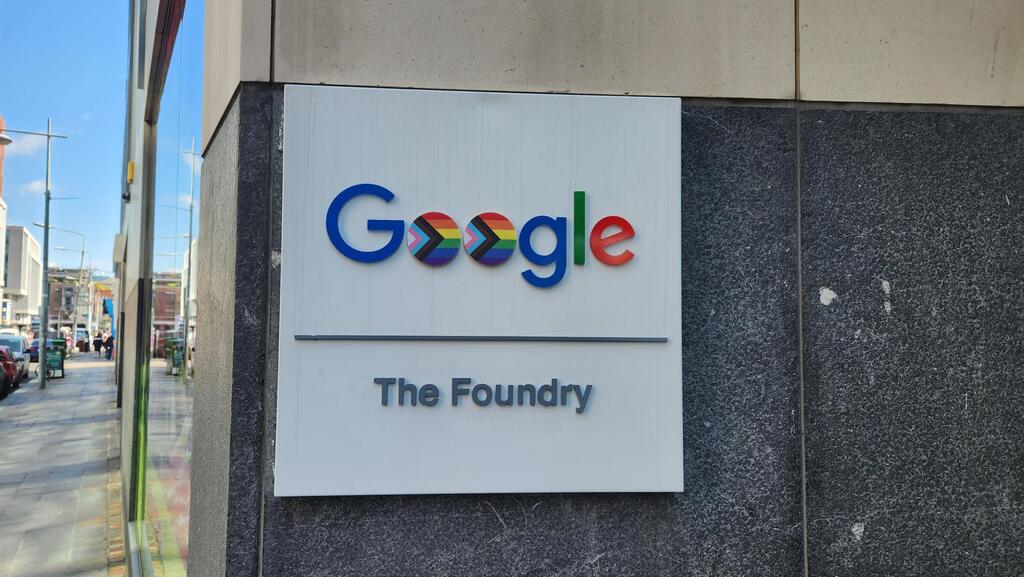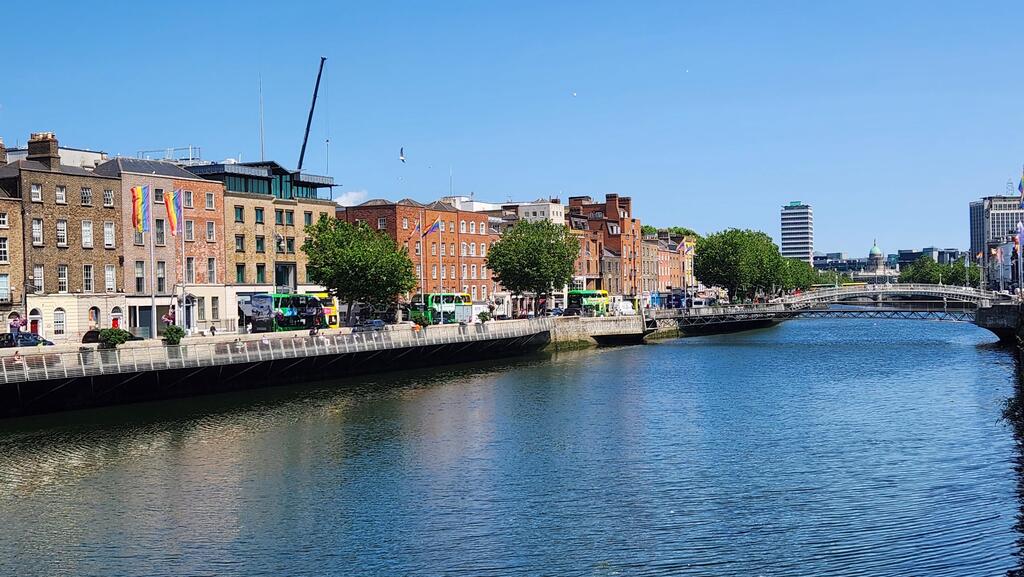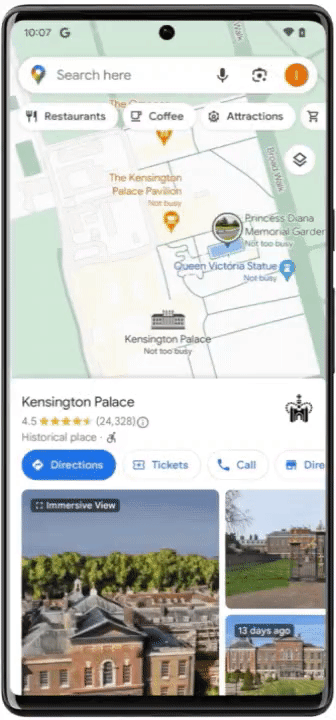Microsoft has emerged as the frontrunner in the field of artificial intelligence, gaining recognition and surpassing its competitors. Being an AI-focused company for over a decade, Google deserves credit for pioneering AI integration across its services and applications. Even CEO, Sundar Pichai, said the company's primary focus was on AI back in 2016. Now, Google is keen on reminding everyone of its longstanding presence in the AI landscape.
This dynamic between Microsoft and Google can be likened to the story of the hare and the tortoise, with Google playing the role of the agile rabbit. While Google has subtly incorporated AI into various aspects of its offerings, Microsoft's partnership with OpenAI has garnered significant attention, shifting the spotlight away from Google temporarily.
Certainly, Google has faced its fair share of criticism and challenges, often grappling with conflicting messages and public perception. The company's initial motto of "Don't be evil" and subsequent comments from its CEO about privacy have sparked debates and raised concerns. Despite its efforts to present positive initiatives, Google sometimes finds itself at the receiving end of criticism.
In contrast, companies like Facebook have become accustomed to being treated with suspicion, which may make criticism seem less impactful. Microsoft, having been established in the field for quite some time, may not be as sensitive to criticism. However, given Google's unique position and prominence, a more delicate and understanding approach might be beneficial.
In summary, Google was in need of positive PR, and they managed to deliver. As a long-time user of Google's navigation and sightseeing tools, I must admit they offer impressive services in this regard. The Arts & Culture app, for instance, enables virtual exploration of renowned museums worldwide. Google Lens has proven useful for translating restaurant menus, while their maps have been my trusted companion on numerous walking tours in unfamiliar cities.
Overall, I don't have many complaints about these services. However, there are some issues worth mentioning. Occasionally, the navigation experience falls short, particularly with GPS directions for pedestrians. I encountered this problem in Dublin when searching for a well-known whiskey distillery. Despite a minor 10-minute detour caused by the app's insistence that I was on a parallel street, I eventually reached my destination.
Interestingly, the subject of navigation is a complex one in society. Waze, which Google acquired 12 years ago, remains separate from the map service, and this division is likely to persist for the foreseeable future. There have been recent developments suggesting potential changes in Waze's status, including the recent layoff of hundreds of its employees. However, the current situation is not expected to undergo significant transformations, indicating some underlying political dynamics at play. Nevertheless, Google has made significant efforts to encourage users to explore all the available features in Google Maps, prompting us to write or talk about them.
Among these features is augmented reality navigation, which allows users to see directional arrows on their smartphone screens while walking. While this feature may seem peculiar at times, my wife has been using it for a while and still wonders why it is not more widely embraced. However, one can understand why seeing someone walking down the street with their smartphone held in front of their face might not be appealing. Additionally, prolonged use of this feature can strain the hand and drain the battery quite quickly.
The narrative surrounding Google and artificial intelligence should not be construed as a mere attempt to overstate its capabilities. Unlike ChatGPT, which is heavily promoted as the epitome of AI with its propensity for generating imaginative responses, Google exercises prudence in showcasing half-baked tools. A case in point is Bard, their equivalent service to ChatGPT, which has not received much fanfare. Google's prowess in the field has always been a step ahead of the competition.
It is important to acknowledge that this is a company deeply invested in AI, with a long-standing commitment to the technology. Even the processor of their flagship smartphone, the Pixel, is optimized for AI computations, distinguishing it from rival devices. Google's navigation system and additional features, such as Immersive View, which provides panoramic snapshots of destinations along with a glimpse of the crowd, or the ability to search for locations by capturing images of the surroundings, offer practical utility.
However, during my experience in Dublin, there were moments where the services provided by Google felt somewhat excessive. Not everything worked flawlessly, and upon further exploration, it became evident that certain features had their limitations. For instance, immersive viewing may not be available for all locations, and many of these tools may not be accessible everywhere, including in Israel. Yet, it is human to have occasional shortcomings.
The question remains whether artificial intelligence can afford to exhibit human-like imperfections. While controlled use within a closed development lab may yield flawless results, the reality of our lives is far from a controlled environment. We encounter unexpected situations, and although AI tools provide significant assistance in resolving them, they do not always operate seamlessly.
Furthermore, Google will undoubtedly continue to develop and strive to enhance its capabilities. Personally, I would welcome innovations at the interface level and the preservation of valuable applications such as Google Trips, which have been highly beneficial on my previous travels.
Nevertheless, Google has a distinct organizational culture that sometimes leads to the discontinuation of certain services while simultaneously promoting others, such as immersive navigation, that may still be in the early stages of development. Regardless, if you find yourself in Dublin in the near future, I highly recommend visiting the Guinness brewery. You can enjoy a pint with your personalized print on the foam, an innovation that originates from Israeli technology.




